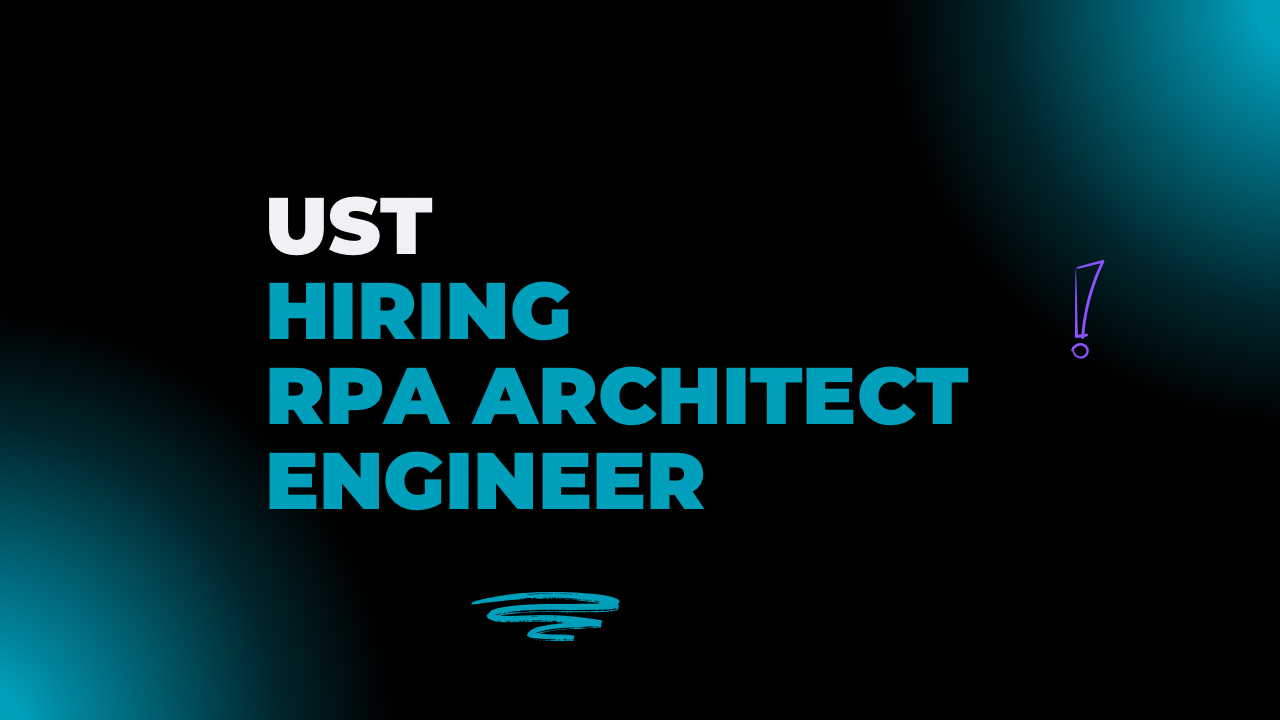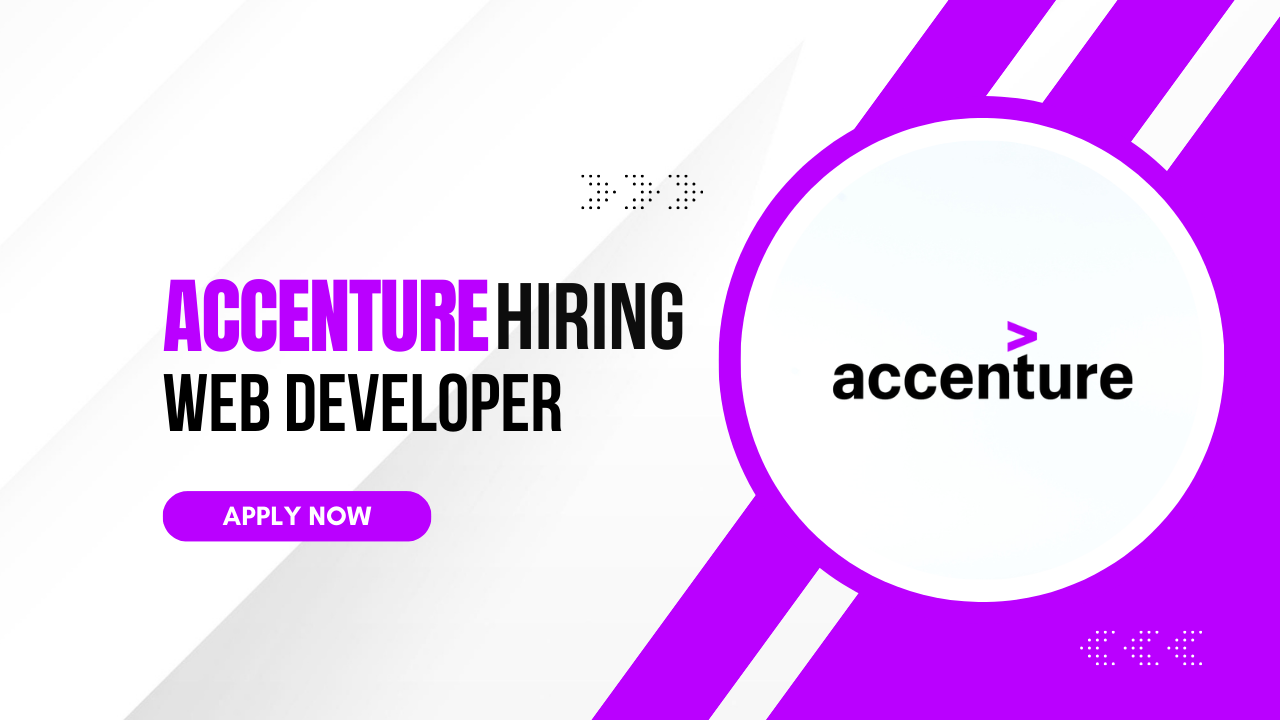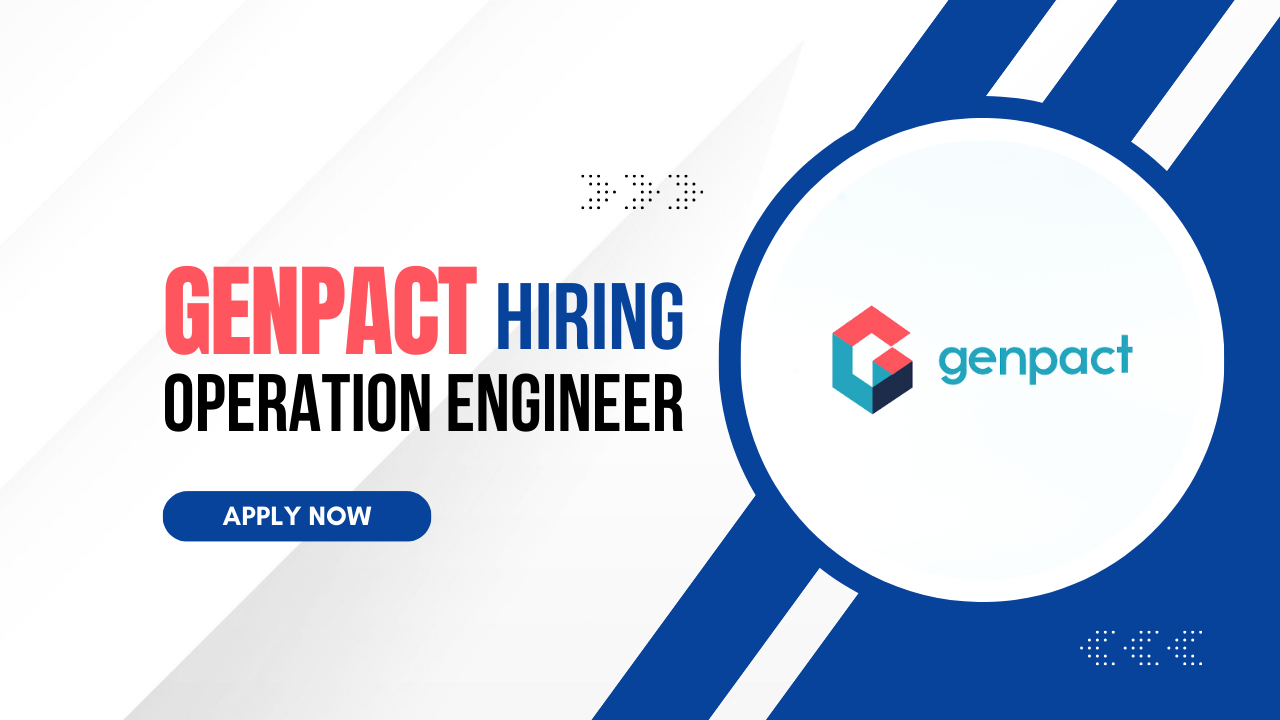Oracle Recruitment Drive:
Oracle Recruitment drive 2024: Oracle, a leader in cloud solutions, is hiring Member of Technical Staff (DevOps) in Bangalore, India. This is a fantastic opportunity to be part of an innovative DevOps team, focusing on cutting-edge Infrastructure-as-a-Service (IaaS) technologies. If you are passionate about building tools and services that cater to developers, thrive in a collaborative environment, and are looking to expand your technical expertise, this is your chance to join one of the world’s tech giants. Learn more about this exciting role and prepare for a successful DevOps career with Kaabil Jobs!
𝐏𝐚𝐲 𝐀𝐟𝐭𝐞𝐫 𝐏𝐥𝐚𝐜𝐞𝐦𝐞𝐧𝐭 𝐓𝐫𝐚𝐢𝐧𝐢𝐧𝐠 𝐏𝐫𝐨𝐠𝐫𝐚𝐦- 𝐆𝐞𝐭 𝐏𝐥𝐚𝐜𝐞𝐝 𝐈𝐧 𝐓𝐨𝐩 𝐌𝐍𝐂’
Overview
Qualifications
- Experience:
- 0–3 years of experience in software/application development, DevOps, or related domains
- Experience with Java and Python programming is essential
- Experience with additional programming languages like Go or Node.js is a plus
- Familiarity with UI/Frontend development using React.js and JavaScript
- Previous experience with public cloud platforms such as AWS, Azure, or Google Cloud
- Technical Knowledge:
- Solid understanding of distributed systems, with a focus on scalability, fault tolerance, and high availability
- Experience building CI/CD pipelines and automation using tools like Jenkins, Kubernetes, or Docker
- Familiar with monitoring and logging tools such as Prometheus and Grafana
- Knowledge of microservices architecture
Skills Required
- Programming Expertise:
- Proficiency in Java and Python is mandatory
- Good understanding of scripting languages like Bash or PowerShell
- Cloud and DevOps Knowledge:
- Hands-on experience with public cloud platforms (AWS, Azure, or GCP)
- Familiarity with Infrastructure as Code (IaC) using tools like Terraform or Ansible
- Distributed Systems:
- In-depth understanding of distributed computing principles
- Ability to design systems that can handle high traffic, and maintain fault tolerance and availability
- Version Control & Automation:
- Experience using Git or similar version control systems for collaborative development
- Ability to implement CI/CD pipelines for smooth deployments
- Collaboration & Communication:
Job Description:-
As a Member of Technical Staff at Oracle, you will play an integral role in the design, development, and deployment of Oracle’s next-generation DevOps services. You will be responsible for creating tools that make the DevOps process smoother for internal and external clients, enabling software teams to focus on innovation.
Your daily tasks will involve:
- Designing scalable cloud-based infrastructure that can handle millions of requests
- Collaborating with other engineers to maintain high availability and performance of cloud services
- Building efficient DevOps tools to automate deployment, monitoring, and scaling processes
- Writing clean, maintainable code in Java, Python, and other relevant programming languages
- Working closely with product and security teams to ensure best-in-class cloud infrastructure
- Troubleshooting and resolving system issues, ensuring seamless operations at all times
In this role, you will learn and apply the latest technologies to tackle complex challenges, enabling Oracle to stay at the forefront of cloud innovation. You will participate in cross-functional teams, contribute to strategic technical decisions, and be part of an agile environment that values creativity and collaboration.
Oracle Recruitment Drive Application Process:-
Apply In Below Link
Apply Link:- Click Here To Apply (Apply before the link expires)
Note:– Only shortlisted candidates will receive the call letter for further roundsTop MNC’s Hiring Across India , Upload Your Resume
Join Us For Regular Job Updates



